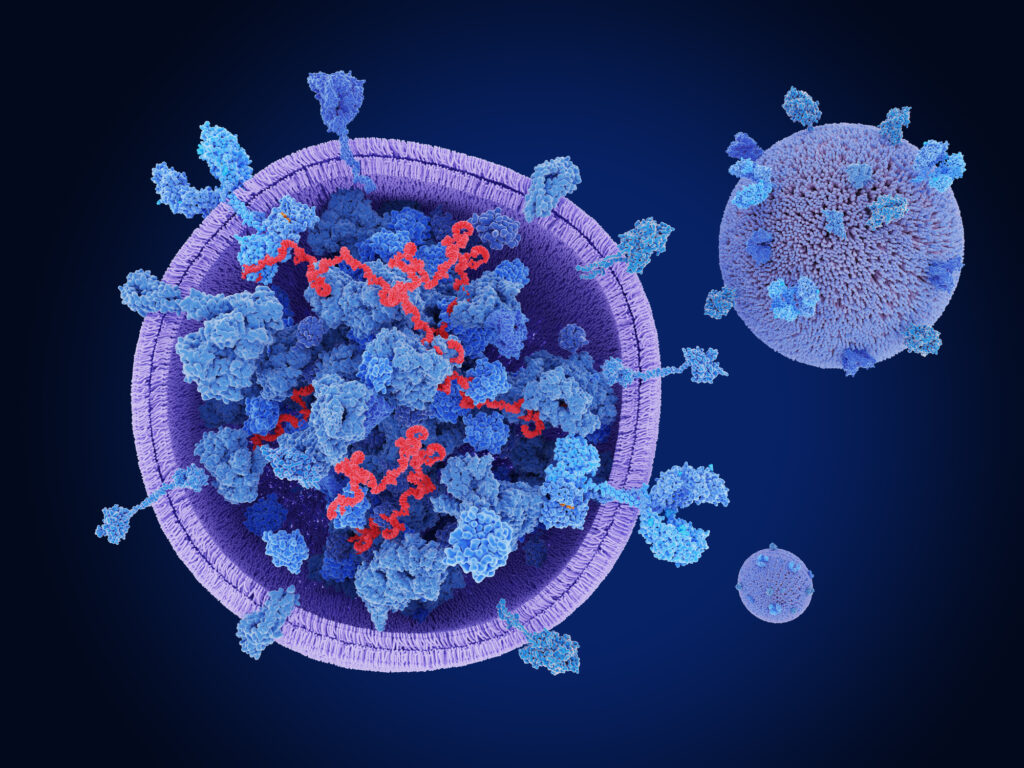Platelet-rich plasma (PRP) and hyaluronic acid (HA) are gaining attention as low-risk and potentially high-reward treatments for Achilles tendinopathy, a common condition that can significantly impact an athlete’s performance. However, despite their growing popularity, clinical studies exploring these therapies have yielded mixed results, often with questionable methodological quality. This raises an important question: how reliable are these treatments, and what is the current state of evidence?
Recent case series and reports have highlighted that alternative treatments, such as bone marrow aspirate, stem cells, and amniotic membrane products, may offer improvements in functional outcomes, pain relief, and a quicker return to sporting activities. Yet, the lack of high-level evidence studies suggests that further research is necessary to substantiate these claims.
In the world of regenerative medicine, exosomes have emerged as a promising novel biologic. Laboratory studies indicate that exosomes can enhance collagen organization, promote cell proliferation, improve tendon mechanical properties, and even prevent the breakdown of the extracellular matrix. This discovery underscores the potential of exosomes in the treatment of Achilles tendinopathy and calls for more rigorous investigation.
To ensure the advancement of orthobiologic therapies for Achilles tendon injuries, standardization of treatment protocols and clear reporting is essential. This will not only facilitate better comparisons between studies but also enhance the overall quality of research in this field.
The authors of a recent study that delves into these promising treatments include Varun Gopinatth from Saint Louis University School of Medicine, along with Tanya Boghosian and Julia M. Perugini from Washington University School of Medicine. They are joined by Matthew V. Smith and Derrick M. Knapik, also from the Department of Orthopaedic Surgery at Washington University. Together, their research sheds light on the complexities and potential of biologic therapies in managing Achilles tendinopathy.
As the landscape of treatment options for Achilles tendinopathy continues to evolve, it is crucial for both clinicians and patients to stay informed about the latest developments and evidence. While PRP, HA, and other biologics show promise, a careful approach to their application—guided by high-quality research—will be critical in unlocking their full potential.


